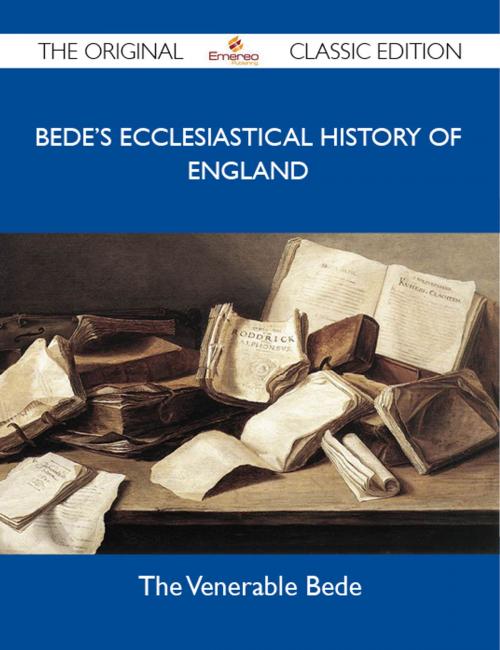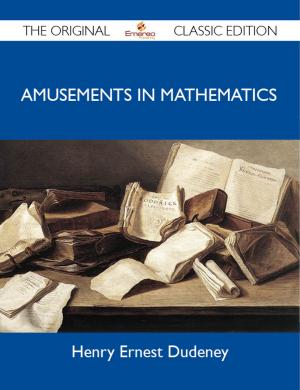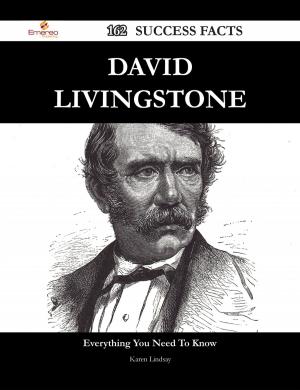Bede's Ecclesiastical History of England - The Original Classic Edition
Nonfiction, Reference & Language, Reference, Fiction & Literature| Author: | Bede the | ISBN: | 9781486415076 |
| Publisher: | Emereo Publishing | Publication: | October 24, 2012 |
| Imprint: | Emereo Publishing | Language: | English |
| Author: | Bede the |
| ISBN: | 9781486415076 |
| Publisher: | Emereo Publishing |
| Publication: | October 24, 2012 |
| Imprint: | Emereo Publishing |
| Language: | English |
Chapters are very short, e.g., less than a page. I originally became interested while looking for material on King Arthur. Bede noted in Chapter 11 that after Gratian died, in 407, in his place Constantine, a worthless soldier of the lowest rank, was elected in Britain solely on account of the promise of his name and with no other virtue to recommend him. This Constantine challenged the Romans in Gaul and was defeated and killed by the Roman officer Constantius. It is probable that this Constantine is the one alleged to be the grandfather of Arthur, but no solid connection is found (the name Constantine seems to have been fairly common). In Chapter 16, Bede again refers to the Britons after invaders (Saxons, etc.) had ravaged the land. Bede notes, in reference to the Britons, Their leader at that time was a certain Ambrosius Aurelianus, a discreet man, who was, as it happened, the sole member of the Roman race who had survived this storm in which his parents, who bore a royal and famous name, had perished. Under his leadership the Britons regained their strength... Bede then briefly mentions Mount Badon and goes on to discuss other things (this account appears to have been taken from the monk Gildas, On the Ruin of Britain, written circa 520/540 A.D. - the decisive battle at Mount Badon was circa 516 A.D.). In the Greater Chronicle (4444), Bede again briefly mentions Ambrosius Aurelianus and his parents, who had worn the purple...
The book is sometimes a little hard to follow chronologically because sometimes he gives an actual year AD, and sometimes he gives a particular year in some emperors reign, e.g., the ninth year in the reign of Emperor so-and-so. It is somewhat heavy on religious detail, e.g., providing the complete statements by Pope Gregory on allowable marriages between related men and women and on relations between husbands and wives.
Chapters are very short, e.g., less than a page. I originally became interested while looking for material on King Arthur. Bede noted in Chapter 11 that after Gratian died, in 407, in his place Constantine, a worthless soldier of the lowest rank, was elected in Britain solely on account of the promise of his name and with no other virtue to recommend him. This Constantine challenged the Romans in Gaul and was defeated and killed by the Roman officer Constantius. It is probable that this Constantine is the one alleged to be the grandfather of Arthur, but no solid connection is found (the name Constantine seems to have been fairly common). In Chapter 16, Bede again refers to the Britons after invaders (Saxons, etc.) had ravaged the land. Bede notes, in reference to the Britons, Their leader at that time was a certain Ambrosius Aurelianus, a discreet man, who was, as it happened, the sole member of the Roman race who had survived this storm in which his parents, who bore a royal and famous name, had perished. Under his leadership the Britons regained their strength... Bede then briefly mentions Mount Badon and goes on to discuss other things (this account appears to have been taken from the monk Gildas, On the Ruin of Britain, written circa 520/540 A.D. - the decisive battle at Mount Badon was circa 516 A.D.). In the Greater Chronicle (4444), Bede again briefly mentions Ambrosius Aurelianus and his parents, who had worn the purple...
The book is sometimes a little hard to follow chronologically because sometimes he gives an actual year AD, and sometimes he gives a particular year in some emperors reign, e.g., the ninth year in the reign of Emperor so-and-so. It is somewhat heavy on religious detail, e.g., providing the complete statements by Pope Gregory on allowable marriages between related men and women and on relations between husbands and wives.















